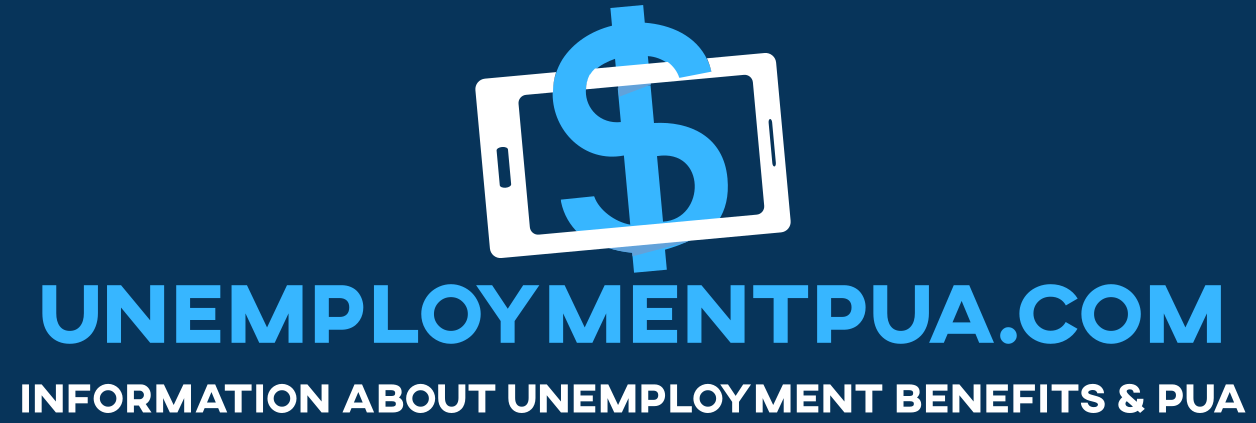Ohio to Start Denying Unemployment Benefits for Employees Who Refuse to Go Back to Work, But There are Exceptions
By UnemploymentPUA.com Staff, Sunday, June 21, 2020
 Gov. Mike DeWine of Ohio has issued Executive Order 2020-24D
Stating that if an employee is called back to work to the same position as before the Pandemic, that position is considered "Suitable Work" under Ohio's Unemployment
Insurance Program. An Individual who refuses to return to work without good cause in order to keep getting UI benefits may have his or her eligibility negatively impacted.
Gov. Mike DeWine of Ohio has issued Executive Order 2020-24D
Stating that if an employee is called back to work to the same position as before the Pandemic, that position is considered "Suitable Work" under Ohio's Unemployment
Insurance Program. An Individual who refuses to return to work without good cause in order to keep getting UI benefits may have his or her eligibility negatively impacted.
There are some exceptions however. You do not need to return to work if any one or more of the following applies:
- A medical professional deems them “high risk� for contracting Coronavirus and there is no teleworking option.
- Employee is 65 years or older.
- Tangible evidence of a health and safety violation by the employer that does not allow the employee to practice social distancing, hygiene, and wearing protective equipment.
- Potential exposure to COVID-19 and subject to a prescribed quarantine period by a medical or professional
- Staying home to care for a family member who has COVID-19 or subject to a prescribed quarantine period by a medical or health professional.
Until now, the Ohio Department of Job and Family Services (ODJFS) has not been strict in denying unemployment insurance benefits for those returning to work. This relaxing of the enforcement is expected to end, and ODJFS encourages employers to report employees who refuse to come back to their old position, so that it may review the case and determine if an individual is no longer eligible to collect the benefits.
